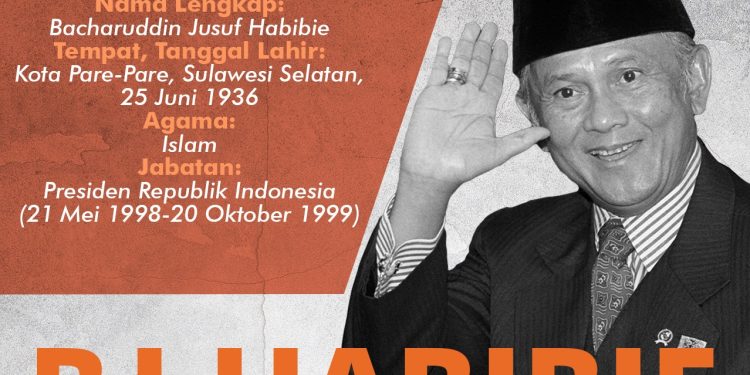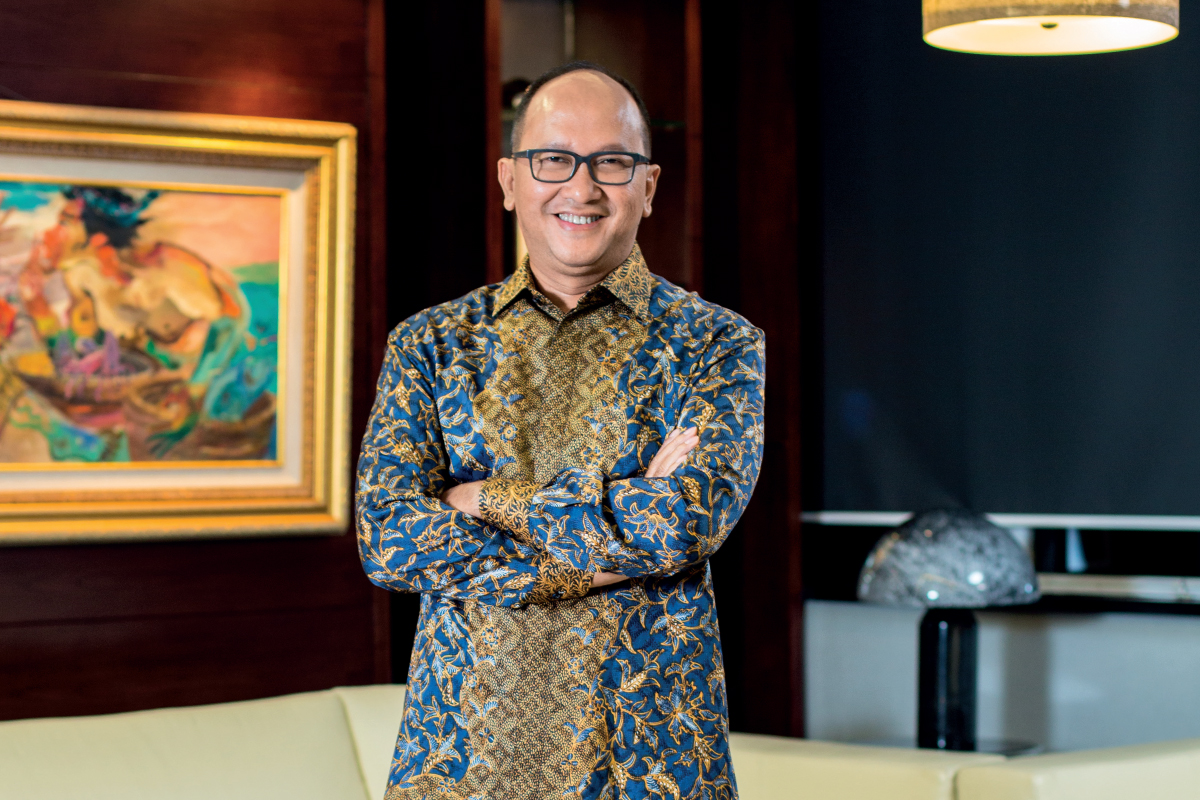
A remarkable life came to a close, leaving behind a profound impact on a nation and its people. This chapter reflects on the contributions of a distinguished figure, whose guidance and innovation shaped the course of a country during a pivotal time. With a blend of intellect and charisma, his influence extended far beyond the confines of politics.
As citizens gathered to honor the accomplishments of this noteworthy individual, stories emerged illustrating his unwavering commitment to progress and development. Through challenges and triumphs, he exemplified resilience, inspiring countless others to strive for a better future. His tenure marked a period of transformation, characterized by remarkable advancements in various sectors.
In sharing memories and stories, one can truly appreciate the essence of leadership exemplified by this iconic person. His vision and dedication resonated throughout the community, fostering a spirit of unity and hope that continues to inspire future generations. The echoes of his achievements will forever remain a testament to the power of determination and foresight.
Bj Habibie’s Impact on Indonesian Politics
The contributions of this notable figure to the political landscape of the nation have been profound and multifaceted. His tenure not only marked a significant transition but also brought about substantial reforms that shaped the future of governance and civil society in the country.
During his administration, a strong emphasis was placed on democratization and the establishment of political freedoms. This shift away from authoritarian rule fostered an environment where diverse voices could thrive, allowing for a more inclusive political dialogue. Numerous elections were held, enabling citizens to participate actively in the democratic process, thus empowering the populace.
In addition to promoting democratic practices, his commitment to economic developments cannot be understated. By implementing policies that stimulated growth and innovation, he laid the groundwork for sustainable economic advancement. This economic foundation proved crucial in propelling the nation toward greater stability and prosperity.
Ultimately, the influence exerted by this remarkable leader continues to resonate within contemporary political discourse. His vision and determination set a precedent for future leaders, ensuring that the ideals of democracy and progress remain integral to the national identity.
Personal Life and Early Years
His formative years played a crucial role in shaping him into a prominent figure in politics and technology. Born into a family that valued education and ambition, he developed a strong foundation that would guide his future pursuits. The environment he grew up in, fostering both creativity and critical thinking, significantly influenced his later achievements.
Raised in a close-knit community, he experienced the richness of culture and tradition. His early education laid the groundwork for his intense curiosity and passion for learning. He later sought opportunities abroad, where he honed his skills and expertise, ultimately returning home with a vision for progress and modernity.
Throughout his life, he maintained a deep commitment to family and personal relationships. Balancing his professional endeavors with his dedication to loved ones exemplified his multifaceted character. This blend of personal values and professional ambition defined his path and left an indelible mark on those around him.
Key Achievements During His Presidency
This section highlights the significant milestones accomplished during his time in office. His administration, characterized by a pragmatic approach to governance and reform, aimed at revitalizing the nation and addressing various socio-economic challenges. These achievements exemplify his commitment to progress and development in multiple sectors.
Economic Reforms
One of the hallmark features of his leadership was the implementation of comprehensive economic reforms. These strategies not only aimed to stabilize the economy but also fostered sustainable growth. Significant policies included the attraction of foreign investment and the promotion of entrepreneurship among citizens.
Political Transformation
A pivotal change during this period was the introduction of democratic principles and practices. His governance facilitated a transition from authoritarian rule to a more open political environment, allowing for increased public participation and a greater degree of freedom of expression.
|
Achievement |
Description |
Impact |
|---|---|---|
|
Economic Stability |
Implementing policies to stabilize inflation and encourage foreign investment. |
Boosted economic growth and improved international relations. |
|
Democratization |
Introducing free elections and promoting civil liberties. |
Increased political engagement and accountability. |
|
Technological Advancement |
Supporting technological development and innovation in various sectors. |
Positioned the nation as a competitive player in the global market. |
Role in Democratic Transition of Indonesia
The shift towards a more open and participatory governance in a certain Southeast Asian nation marked a significant chapter in its history. A pivotal figure emerged during this transformative era, guiding the country through a challenging period of political and social upheaval.
This leader’s influence in the democratic shifts included several key actions:
-
Facilitating a new electoral framework that promoted transparency and fairness.
-
Encouraging political freedom and the establishment of multiple political parties.
-
Championing human rights and advocating for civil society organizations.
Under his stewardship, citizens were empowered to participate in the political process, leading to:
-
Increased voter engagement and turnout during elections.
-
Formation of diverse political movements that reflected a range of perspectives.
-
Changes in legislation that supported free speech and peaceful assembly.
The period not only marked a significant political overhaul but also fostered a renewed sense of national identity and unity among the populace. The commitment to democracy laid the groundwork for future generations in their pursuit of governance that truly represents the will of the people.
International Relations and Diplomacy Efforts
The significance of diplomacy and international cooperation in shaping a nation’s global standing cannot be understated. Throughout various stages of political history, strategic alliances and negotiations have played a crucial role in fostering peace, stability, and mutual understanding among different countries. This section delves into the noteworthy initiatives and contributions that have marked this influential figure’s approach to foreign policy and international relations.
Key Diplomatic Initiatives
An essential aspect of international relations lies in fostering productive dialogue between nations. Notable diplomatic endeavors have included efforts to strengthen bilateral agreements, enhance trade relations, and promote cultural exchange programs. These initiatives have led to a more sustainable and cooperative global environment.
|
Initiative |
Description |
Impact |
|---|---|---|
|
Trade Agreements |
Facilitation of economic partnerships with various countries. |
Boosted economic growth and increased export opportunities. |
|
Cultural Collaborations |
Programs aimed at fostering understanding through art and education. |
Enhanced mutual respect and appreciation among nations. |
|
Peace Negotiations |
Mediation efforts to resolve regional conflicts. |
Contributed to stability and reduced tensions in areas of dispute. |
Global Influence Through Multilateralism
The approach taken in fostering multilateral relations has been instrumental in addressing global challenges. By actively participating in international organizations and promoting collective action, significant strides have been made in areas such as environmental policy, humanitarian assistance, and security cooperation. This commitment to global partnership has underscored the importance of collaborative problem-solving in contemporary diplomacy.
Legacy and Influence on Future Leaders
The impact of an individual’s life often extends far beyond their tenure and accomplishments, shaping the aspirations of those who follow. This influence can guide, inspire, and motivate emerging leaders to embrace innovation, integrity, and dedication in their pursuits. As contemporary figures reflect on foundational values instilled by exemplary personalities, the importance of such teachings resonates profoundly in shaping future trajectories.
Inspiration for Innovation
Through embracing technology and modernization, one individual set a remarkable example of forward-thinking leadership. By prioritizing scientific advancement and education, he paved the way for the nation’s young minds to explore uncharted territories. This emphasis on innovation not only revolutionized industries but also galvanized future leaders to nurture creativity and ingenuity in their own domains.
Commitment to Integrity and Values
Integrity and steadfast principles serve as cornerstones for effective leadership. The embodiment of these qualities by this influential figure underscores the necessity of ethical governance. Aspiring leaders can draw from such examples to cultivate trust and foster transparency within their communities, reinforcing the idea that honesty and accountability are vital for sustainable progress.
Ultimately, the essence of outstanding leadership is etched in the hearts of those who aim to make an impact. The teachings derived from celebrated figures continue to inspire a new generation, urging them to strive for excellence while remaining grounded in their values.
Q&A: Bj Habibie passes away at 83
What were the key achievements of BJ Habibie during his presidency in Indonesia?
BJ Habibie served as the President of Indonesia from 1998 to 1999. His presidency is remembered for several significant achievements, including the political reform that paved the way for Indonesia’s transition to democracy after the end of Suharto’s authoritarian regime. He introduced a series of liberalization policies, which included greater press freedom and the formation of independent political parties. Habibie also worked on economic reforms to stabilize the country’s economy during a challenging financial crisis. Additionally, he played a crucial role in East Timor’s referendum for independence, marking a pivotal moment in the nation’s history.
How did BJ Habibie’s background influence his leadership style?
BJ Habibie’s background as an engineer and a scholar greatly influenced his leadership style. Having studied in Germany and worked in the aerospace industry, he brought a scientific and analytical approach to governance. His technical expertise allowed him to focus on modernization and technological advancement for Indonesia, and he promoted education and research as integral to the country’s development. Furthermore, his experience in a Western context instilled in him a belief in democratic values, which he attempted to implement during his presidency by fostering open dialogue and encouraging civil society participation.
What was the public’s reaction to BJ Habibie’s passing?
The public’s reaction to BJ Habibie’s passing was a mix of grief and reflection on his contributions to Indonesia. Many citizens, politicians, and international leaders expressed their condolences and paid tribute to his legacy. His efforts in steering Indonesia towards democracy resonated deeply, prompting discussions about the importance of his reforms in shaping the current political landscape. Social media platforms were flooded with messages of remembrance, highlighting his pragmatic leadership and dedication to the Indonesian people. For many, he represented a transformative time in the nation’s history and his death felt like the end of an era.
What impact did BJ Habibie have on Indonesia’s education system?
BJ Habibie’s impact on Indonesia’s education system was significant. He believed that education was a critical component of Indonesia’s progress and worked to improve access and quality during his presidency. He increased funding for educational institutions and introduced policies aimed at enhancing vocational training and higher education. Habibie’s vision was to develop a skilled workforce that could support the country’s modernization efforts. He also placed a strong emphasis on technological education, which aligned with his engineering background and aimed to foster innovation within the nation.
In what ways is BJ Habibie’s legacy being remembered in today’s Indonesia?
BJ Habibie’s legacy is being remembered through various means in today’s Indonesia. His contributions to democratic reform are often highlighted in discussions about the country’s political evolution, and many look back at his presidency as a formative period. Commemorative events and tributes have been organized to honor his life, with educational institutions and political groups reflecting on his policies. Furthermore, his vision of a modern Indonesia continues to inspire current leaders and citizens to uphold democratic values and continue the progress he initiated. His legacy is also celebrated in the context of Indonesia’s resilience and transformation over the years, serving as a reminder of the importance of leadership that prioritizes the people’s needs.
What were some of BJ Habibie’s significant contributions to Indonesia during his presidency?
BJ Habibie, who served as Indonesia’s president from 1998 to 1999, is remembered for several significant contributions that shaped the nation’s modern history. One of his most notable achievements was the introduction of democratic reforms following the fall of Suharto’s regime, which had ruled Indonesia for over 30 years. Habibie’s administration oversaw the establishment of a more open political system, allowing for greater freedom of expression and the formation of new political parties. He also spearheaded efforts to improve Indonesia’s economy after the 1997 Asian financial crisis, implementing policies to stabilize the economy and promote growth. Furthermore, Habibie played a crucial role in the transition towards a more decentralized governance structure, granting greater autonomy to regional governments. On the international front, he worked to restore Indonesia’s image following a period of global criticism during Suharto’s rule, promoting diplomatic relations and fostering international cooperation. His legacy is characterized by a commitment to reform, democracy, and modernity in Indonesian society.
How did former Indonesian President B.J. Habibie contribute to Indonesia’s transition to democracy?
Former Indonesian President B.J. Habibie, who died at 83, played a crucial role in Indonesia’s transition to democracy following the resignation of Suharto in 1998. During his 17 months in office, Habibie oversaw significant political reforms, including the liberalization of the press, the release of political prisoners, and the organization of Indonesia’s first free parliamentary elections in over 40 years. His efforts laid the groundwork for the democratic system that Indonesia enjoys today.
What were the circumstances surrounding B.J. Habibie’s rise to the presidency in Indonesia?
B.J. Habibie became the third president of Indonesia in May 1998, following the resignation of Suharto, who had ruled the country for 32 years. Habibie, who was serving as the vice president at the time, was constitutionally mandated to take over the presidency. His tenure was marked by a period of significant political and economic turmoil, but he managed to implement reforms that helped stabilize the country and set it on a path toward democracy.
What impact did B.J. Habibie have on East Timor during his presidency?
During his presidency, B.J. Habibie made the controversial decision to allow a referendum in East Timor, a former Portuguese colony that Indonesia had annexed in 1975. The referendum, held in August 1999, resulted in an overwhelming vote for independence. Habibie’s decision to respect the outcome, despite significant opposition from the Indonesian military and political establishment, ultimately led to East Timor’s independence. This move was seen as a significant, albeit contentious, part of his legacy.
How did the Indonesian public react to the death of former President B.J. Habibie?
The death of former Indonesian President B.J. Habibie at the age of 83 was met with widespread mourning across the country. Thousands of people gathered in the Indonesian capital, Jakarta, to pay their respects. President Joko Widodo described Habibie as the “Father of Technology in Indonesia,” acknowledging his contributions to the nation’s development. Habibie was laid to rest with full state honors at the Kalibata Heroes Cemetery, beside his wife, Hasri Ainun Habibie, who had died in 2010.
What legacy did B.J. Habibie leave behind in the fields of science and technology in Indonesia?
B.J. Habibie, often referred to as the “Father of Technology in Indonesia,” left a profound legacy in the fields of science and technology. Before becoming president, Habibie served as the Minister of Research and Technology, where he promoted the development of Indonesia’s aerospace and manufacturing industries. He was instrumental in the creation of the country’s first domestically produced aircraft. His commitment to advancing technology and education continued through the work of the Habibie Center and the Tanoto Foundation, which focus on research, education, and policy development.




